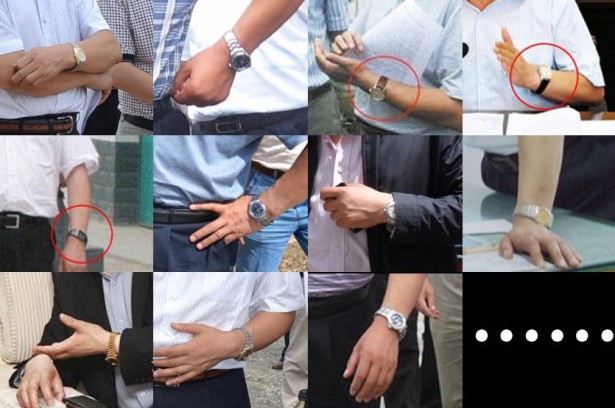
With the recent arrests of Weibo commentator Charles Xue and the online whistleblower known as “Huazong,” a chill has come over the typically raucous Chinese Internet. The crackdown on the spreading of “rumors” and other irresponsible online speech began over the summer, with authorities claiming a need to curtail blackmail, fraud, profiteering, and other malicious behavior taking place online. The campaign was soon codified, with state media reporting that those who made libelous posts that received more than 500 re-posts could be subject to three years in jail. Not surprisingly, authorities have abused the initiative and relatively innocent users have been ensnared.
And while there is a legitimate case to be made for the need for measured information controls which prevent the worst sorts of exploitation, the arrests of Xue and Huazong are another matter. By all independent accounts, Xue and Huazong are exactly the kind of beneficial citizen-watchdogs that Chinese netizens have extolled and even authorities have encouraged in the past year. Xue not only shared practical entrepreneurship tips, but also commentary on corruption and human trafficking. Huazong, a pseudonym for Wu Dong, was best known for his coverage of Chinese officials’ watchwearing habits — particularly those with a penchant for luxury timepieces. Bribe-taking officials were brought down, a seeming affirmation that recently-promoted President Xi Jinping’s desire to tackle corruption was genuine.
While defeating corruption is still undoubtedly a major administrative goal, authorities appear to have decided the risks posed by unchecked Internet commentators outweigh the gains they provide. By “killing a chicken to scare the monkeys,” authorities hope to nudge the majority of Internet users toward a more civil online space — or if one is more pessimistic, authorities are creating an atmosphere of self-censorship, where users don’t air opinions that are critical of the government online for fear of being punished.
Such an atmosphere directly attacks the developing assertiveness of online citizens, who in recent years through Weibo have become a growing check on governmental excesses. Two notable studies that have recently come out of Harvard’s Department of Government concluded that online criticism of the government in China was mostly tolerated — so long as the words didn’t stimulate a call to action. While rumors and notes on government failings in and of themselves would appear to not be linked to calls to action and should’ve been ignored by government censors according to such a theory, it’s apparent that authorities see the growing power of Internet commentators, particularly those with large followings (known as “Big Vs” for the identifying mark they carry on Weibo due to their verified status), as a potentially destabilizing threat, regardless of whether or not such commentators are directly engaged in collective action.
